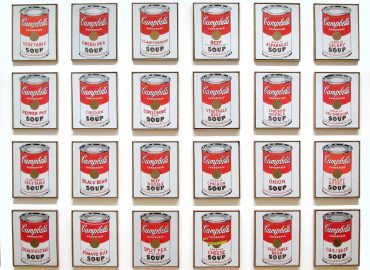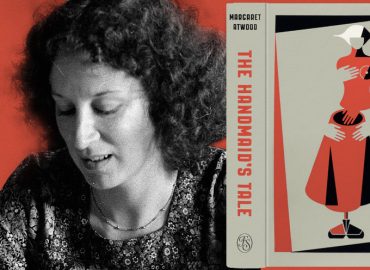da TheEconomist
A profession under pressure
TRANSLATION can be lonely work, which may well be why most translators choose the career out of interest, not because they crave attention. Until recently, a decent translator could expect a steady, tidy living, too. But the industry is undergoing a wrenching change that will make life hard for the timid.
Most translators are freelancers, and with the rise of the internet a good translator could live in Kentucky and work for Swiss banks. But going online has resulted in fierce global competition that has put enormous downward pressure on prices. Translators can either hustle hard for more or better-paid work—which means spending less time translating—or choose an agency that fights for the work for them, but which also takes a cut.
The alternative to schmoozing oneself or working with an agency is to market one’s skills in online marketplaces. But these display the most relentless price pressure of all: fees as low as $13-15 per 1,000 words translated are not unknown. Traditionally, something more like $50 has been the low end, with literary translation at around $120, and high-end work at $250. Buyers who know little about foreign languages and quality will, in online markets, shop almost purely on price.
To these pressures comes another: the rise in higher-quality machine translation. Just a year ago, machine translation still produced reliably rocky results: both inaccurate as to content, and often unreadable too. Both have improved dramatically with translation engines based on so-called deep neural networks. Those who offer rock-bottom prices for translation are almost certainly using translation software, and then giving it a quick edit for accuracy and readability. By and large, the big translation agencies are excited about technology and the possibilities of scale it offers them. What worries the translators themselves, though, is that the future may lie in nothing more intellectually pleasing than this kind of clean-up.
Like all incumbents, those affected are not happy. To avoid being “the coffee-bean pickers of the future”, one veteran counsels improving specialist knowledge and writing skills to get high-end work. But not all can do that. Translators in the bulk and middle markets will inevitably be doing more editing, or will be squeezed out.
What will the rest be doing? For one, literary translation is under no threat. Sales of translated fiction rose by more than 600% in Britain between 2001 and 2015, and have been growing strongly in America too, with big authors like Elena Ferrante conditioning readers in those countries to look beyond their borders for good books. Nobody thinks a novel can be translated by a machine. In Roy Jacobsen’s “Unseen”, which is on the shortlist for the 2017 Man Booker International Prize (MBIP), the original dialectal island Norwegian has been deftly rendered by Don Bartlett and Don Shaw into a kind of English that carries the same flavour: “Hvur bitty it is!” (“How small it is!”). The MBIP recognises that translation is, in effect, a kind of writing by sharing the prize money equally between author and translators.
Most work is in commercial translation, but that is a kind of writing too. Executives sometimes reject a translation of a speech or a letter because it doesn’t look enough like their original. But a good translator needs to rethink a text, rewording important pieces, breaking up or merging sentences, and so on. Translation software can be accurate, but it translates sentence-by-sentence. Since languages have different rhythms and different expectations for what counts as a good sentence, that approach can result in a mess. So it is often best simply to rewrite after thinking about the intended meaning.
Another market is “transcreation”, in which a translator—often in advertising—is expected to rethink a message, making sure that the version in the new language has the right cultural references, jokes and suchlike to recreate the impact, without the wording, of the original. In this case, the “transcreator” is even more of a writer than most translators.
Translation is hardly alone in being shaken up by technology. The legal industry, accounting and many other venerable professions are seeing repeatable knowledge work done passably by machines. The translators of the future need not only language and writing skills. They must, like the partners at a law or accounting firm, gain clients’ trust and learn their minds in order to do truly good work. The loners of the field, in other words, may find it hard going.




